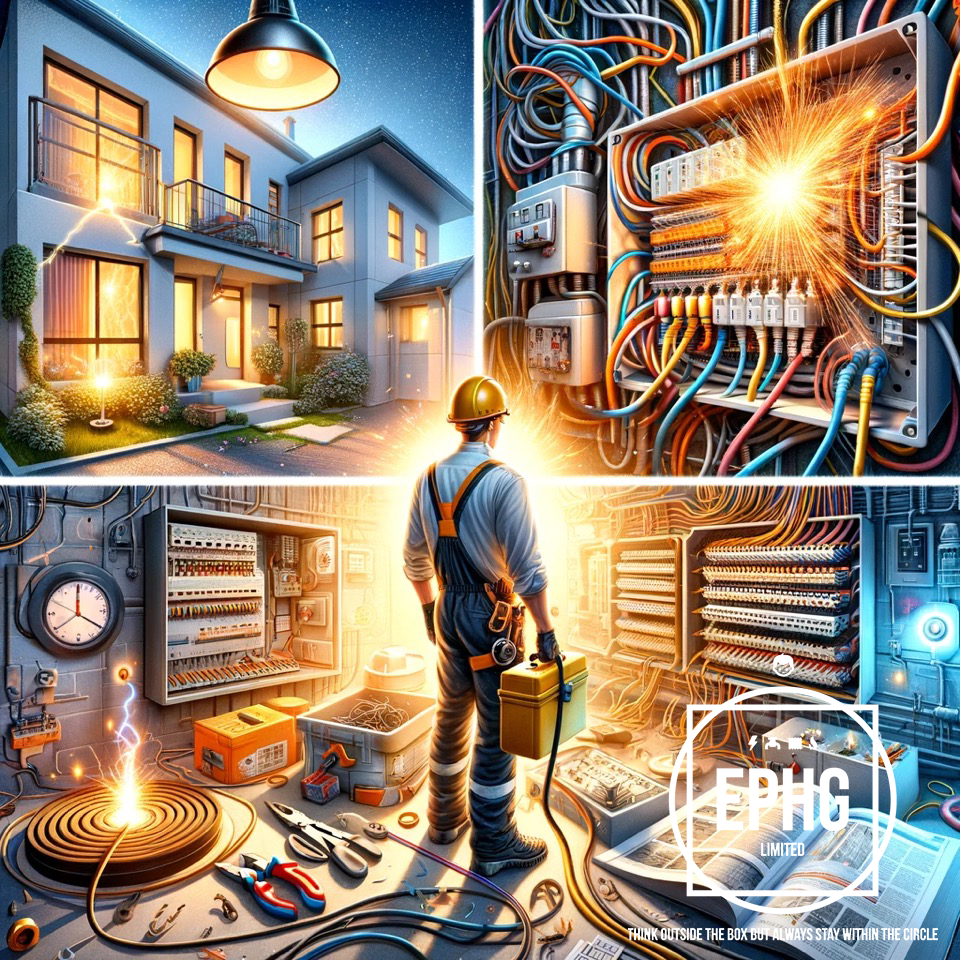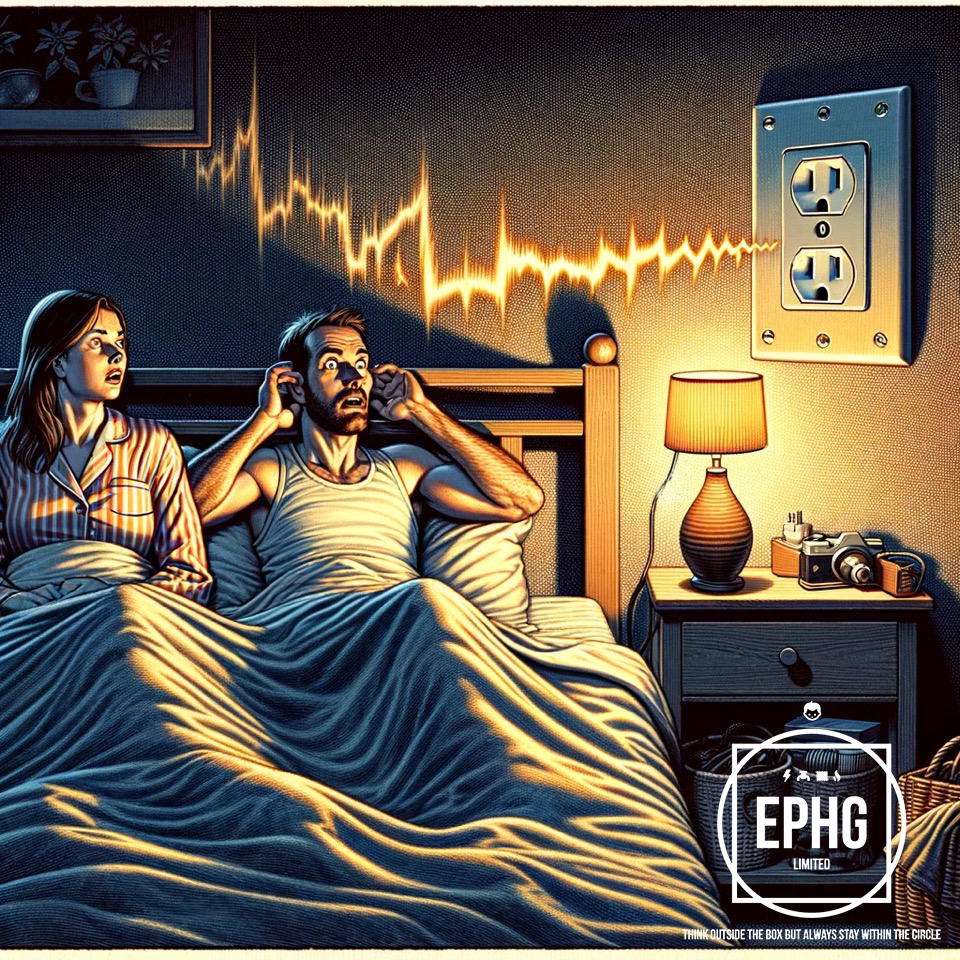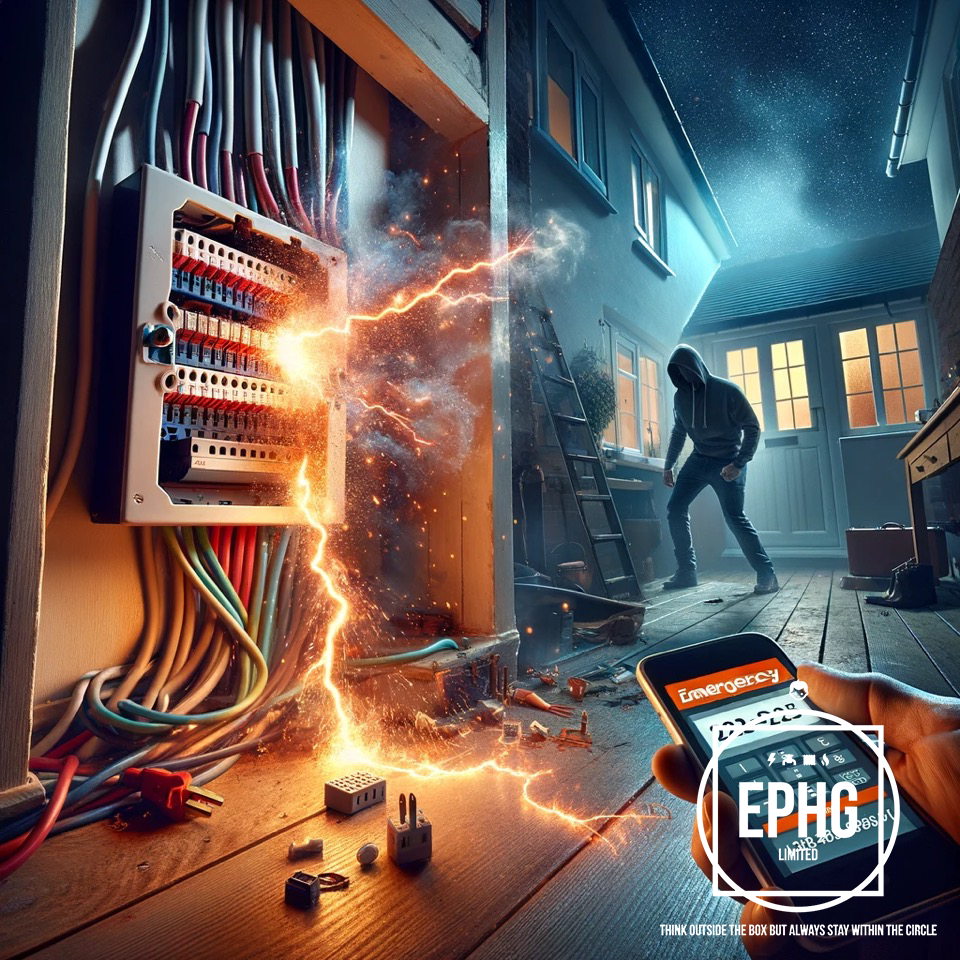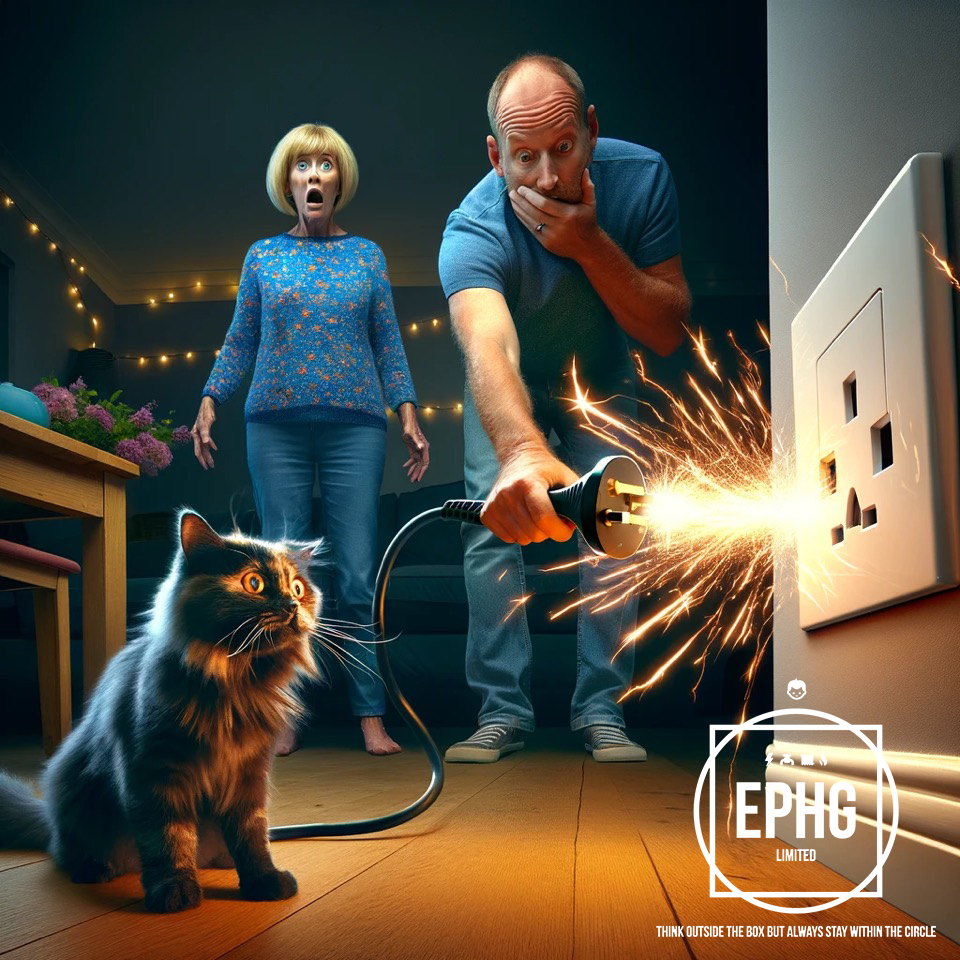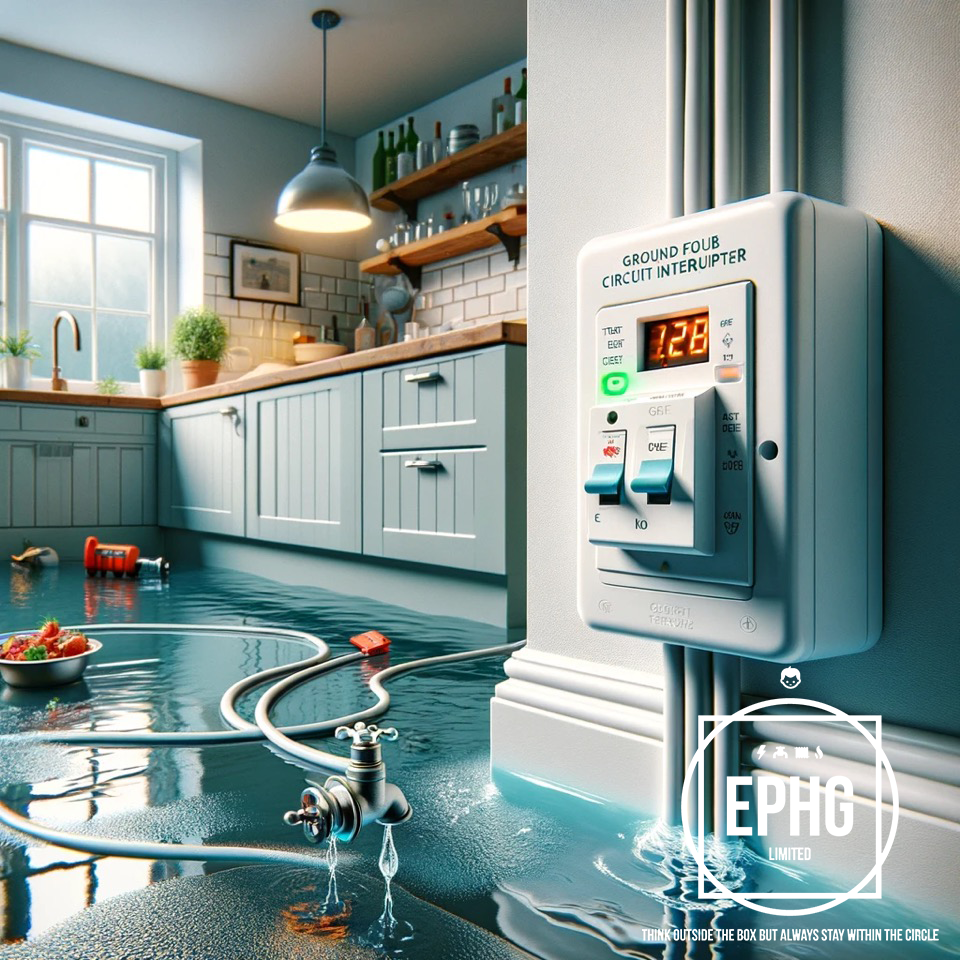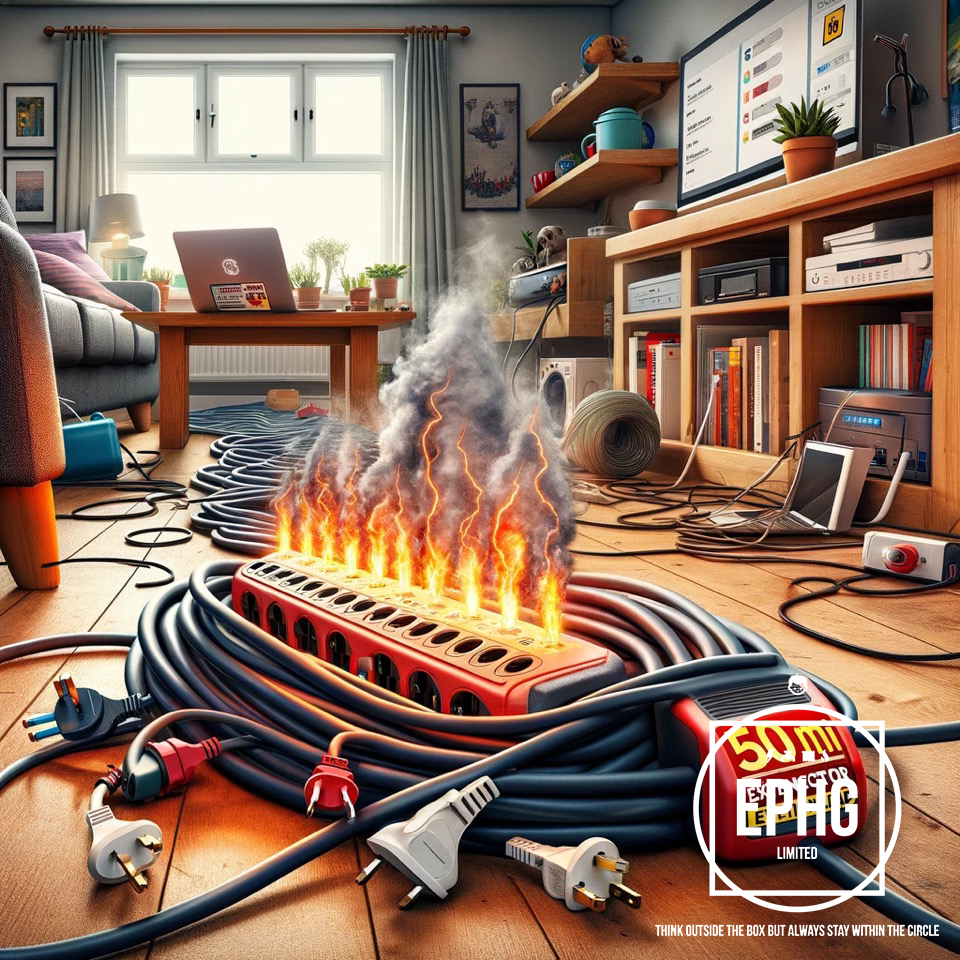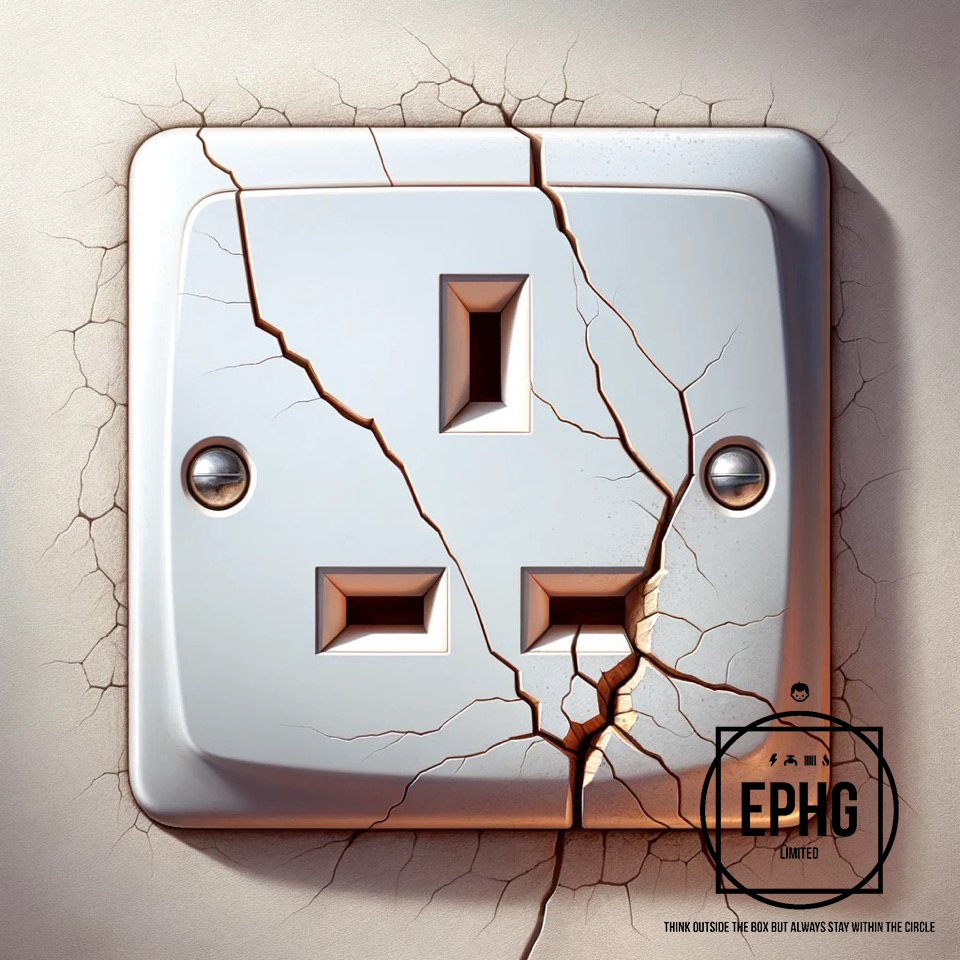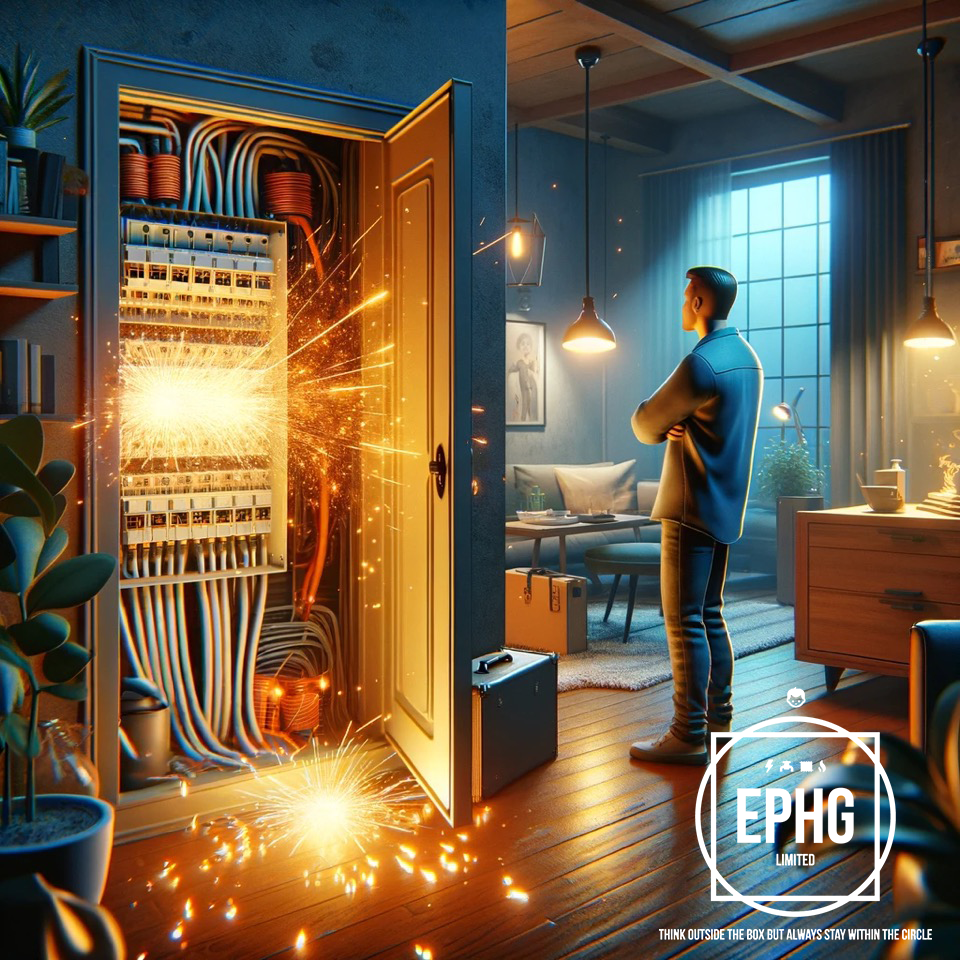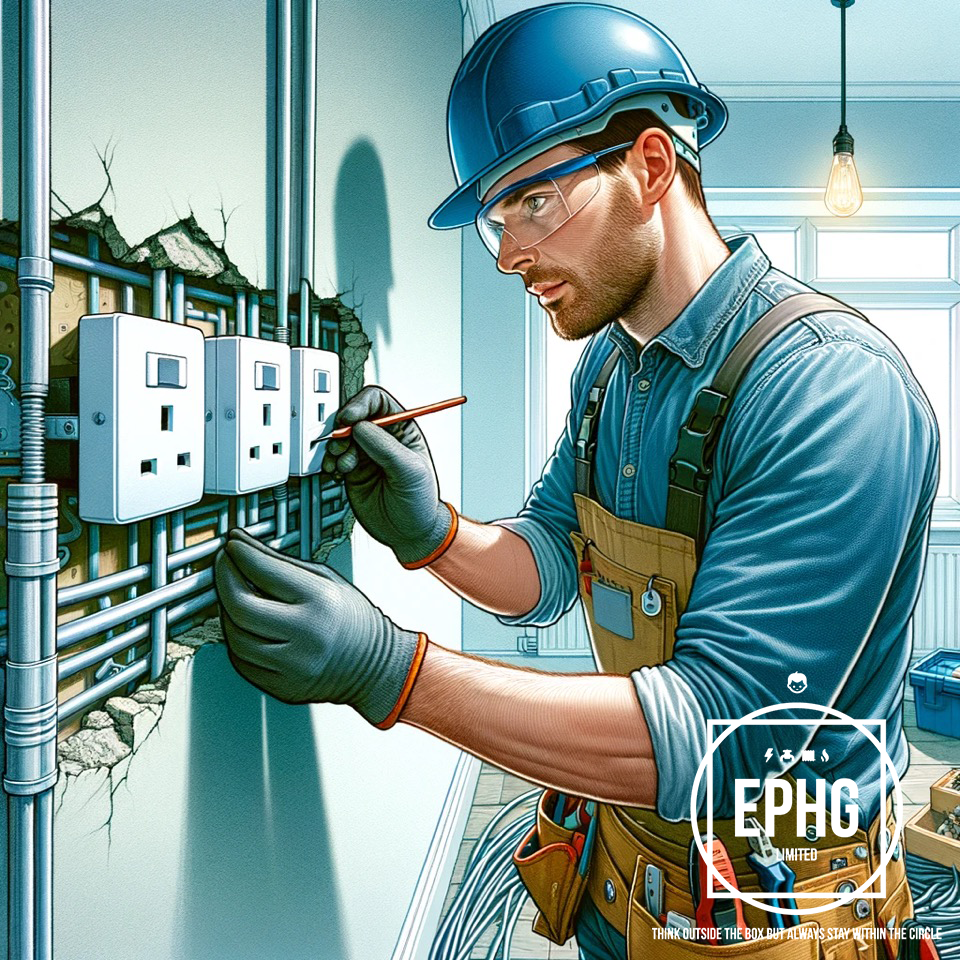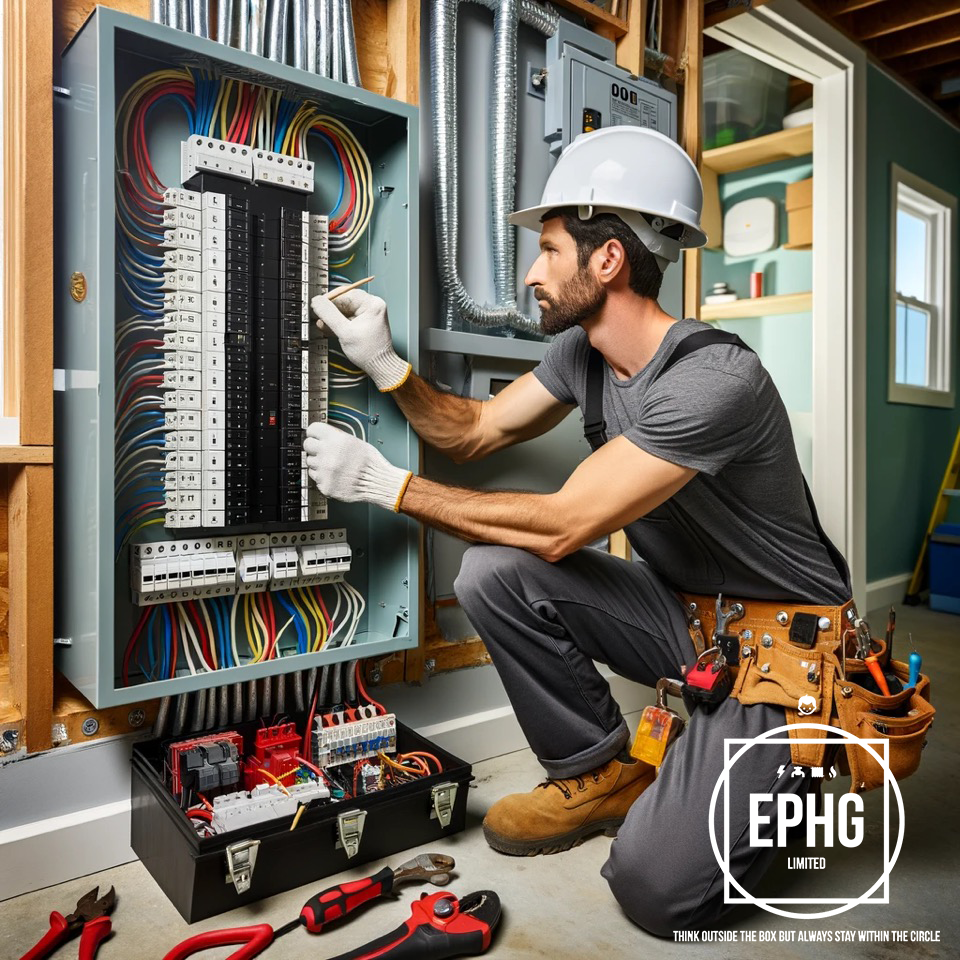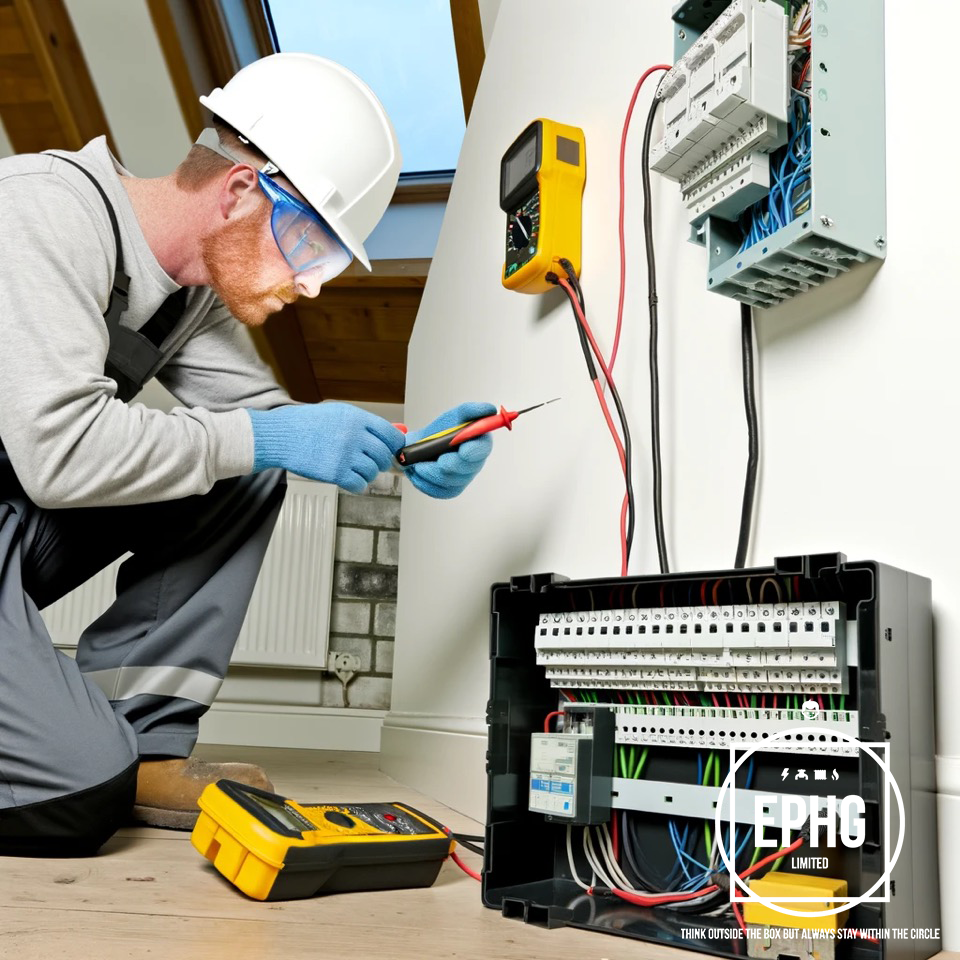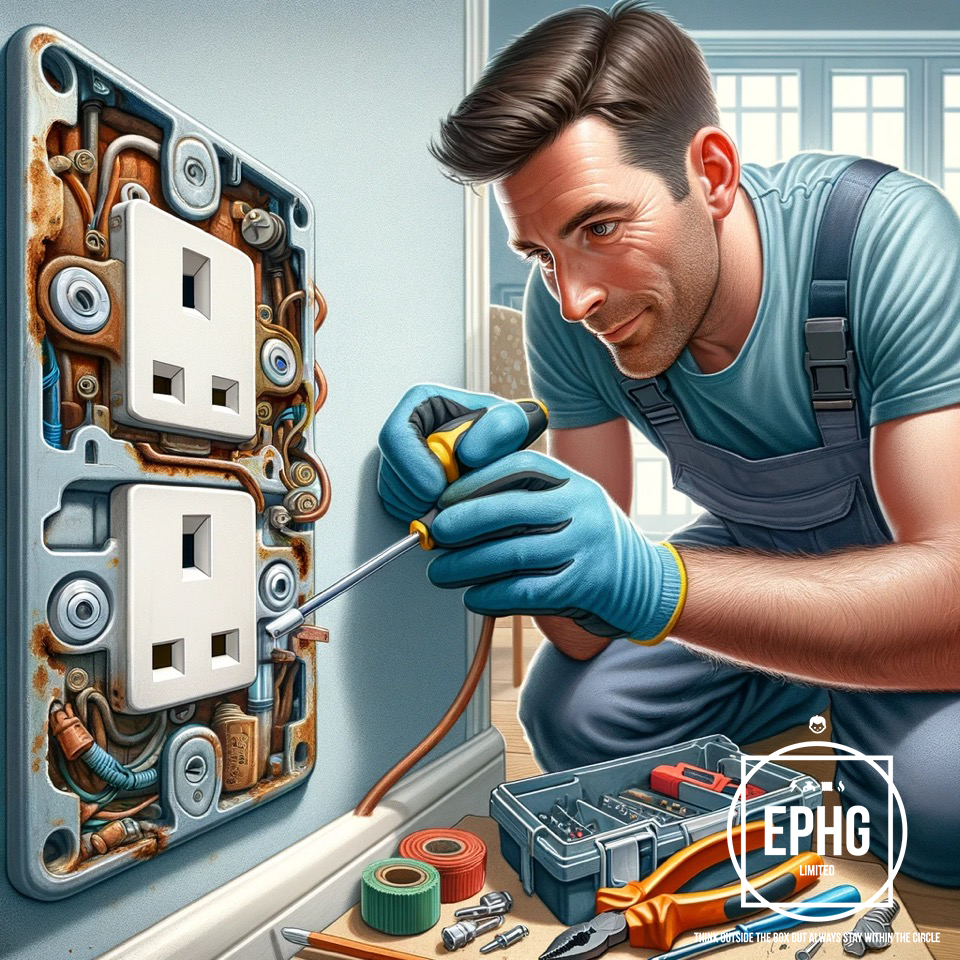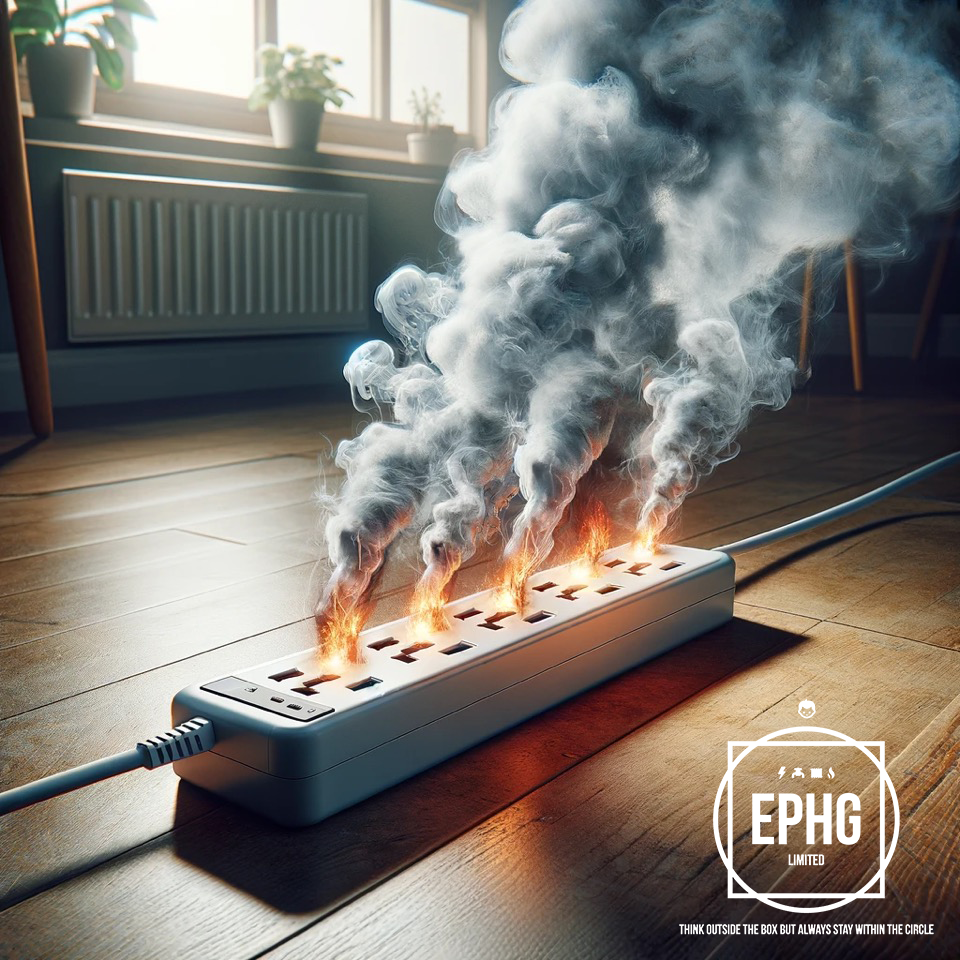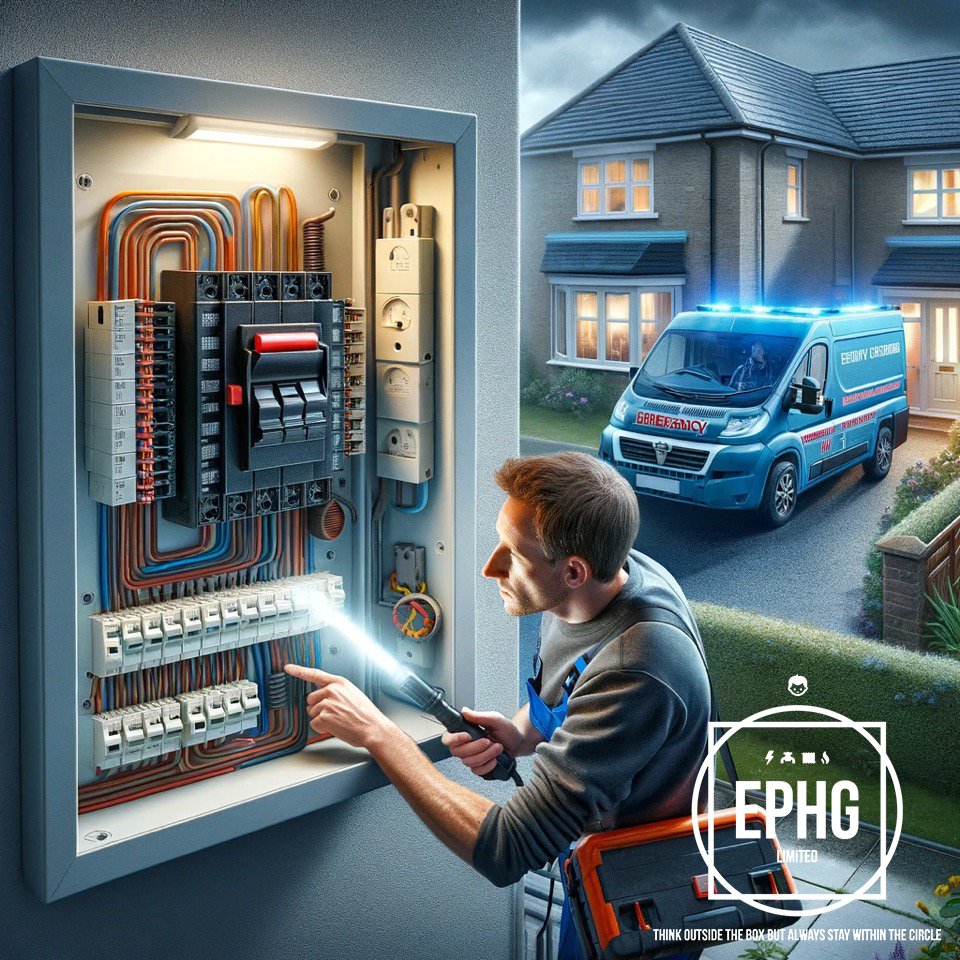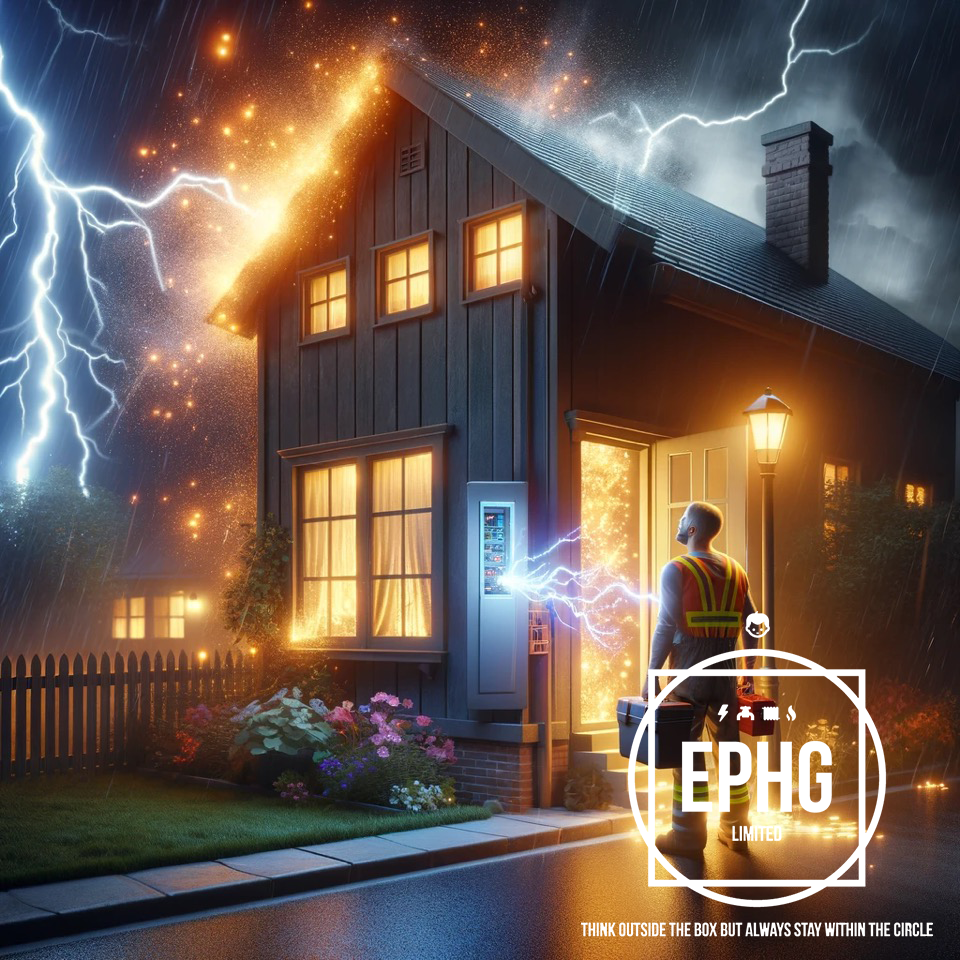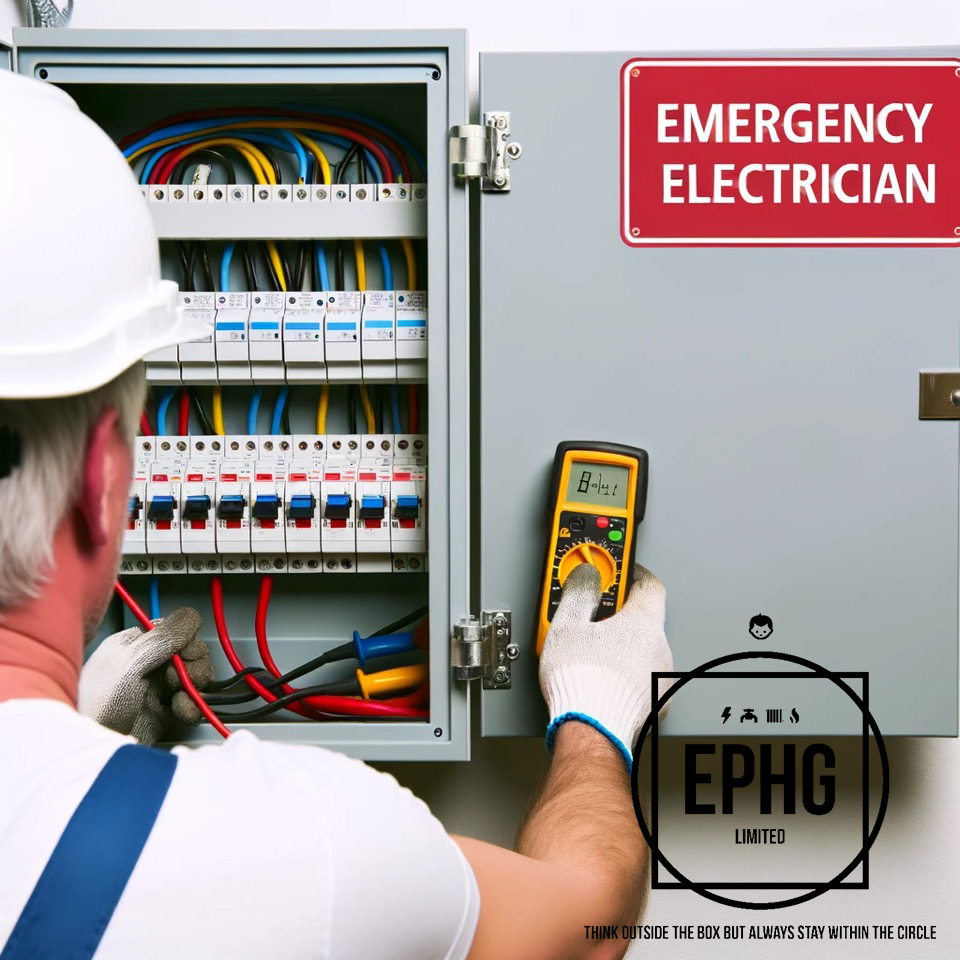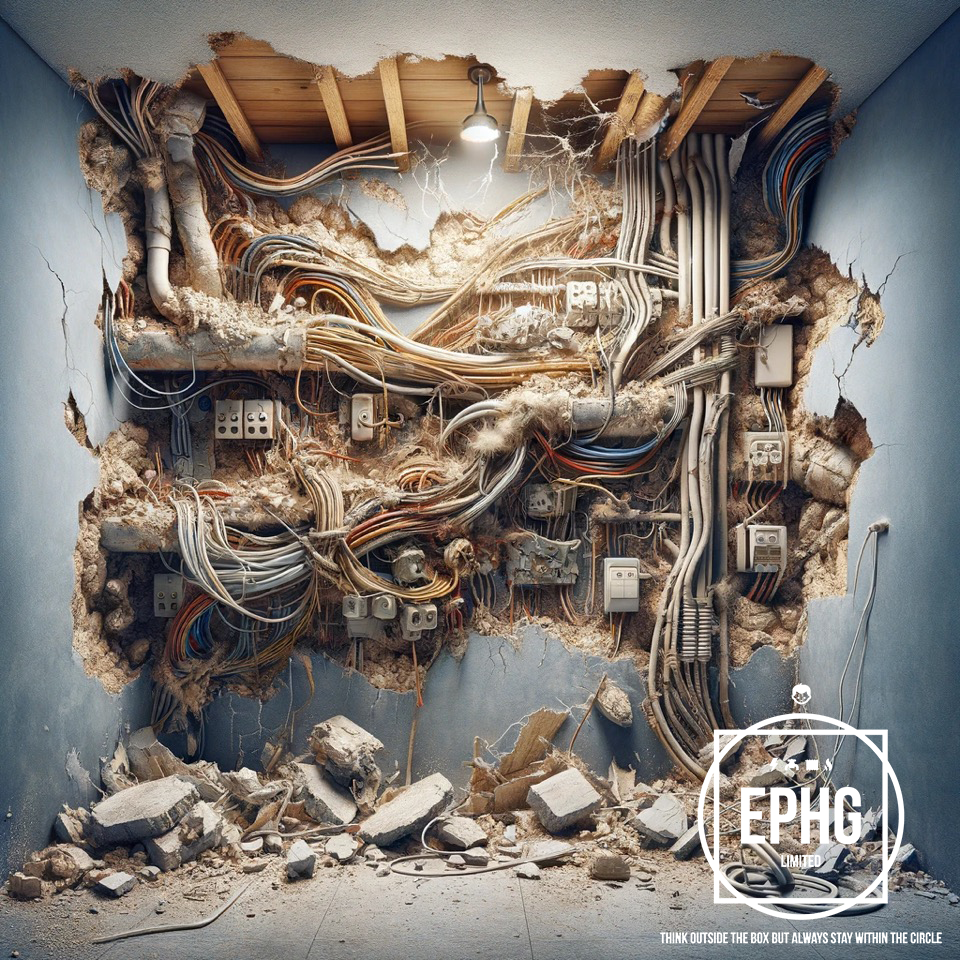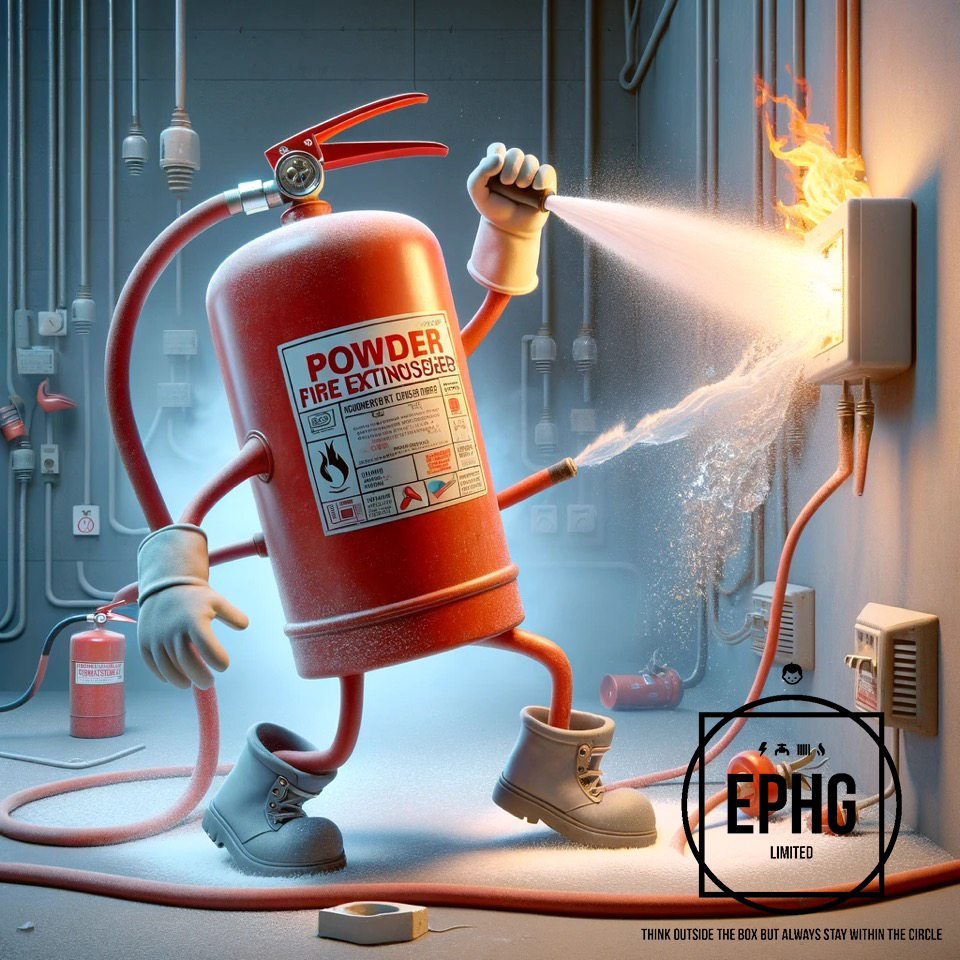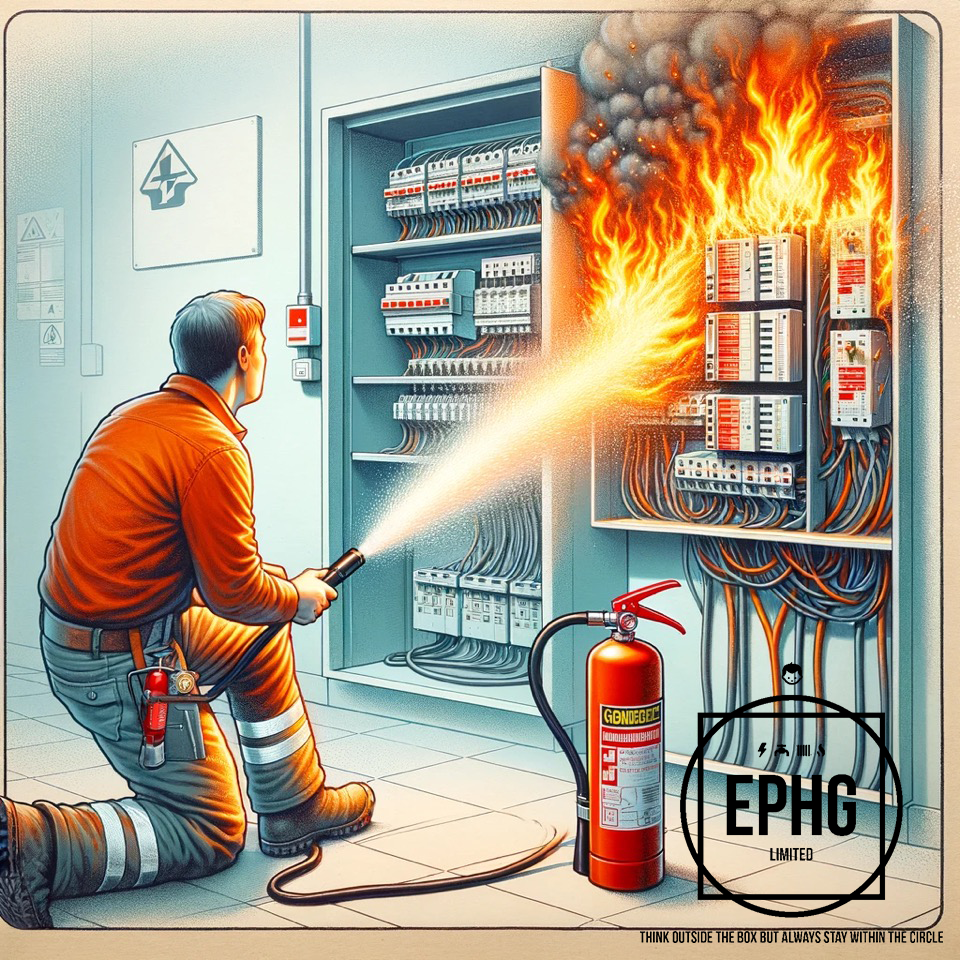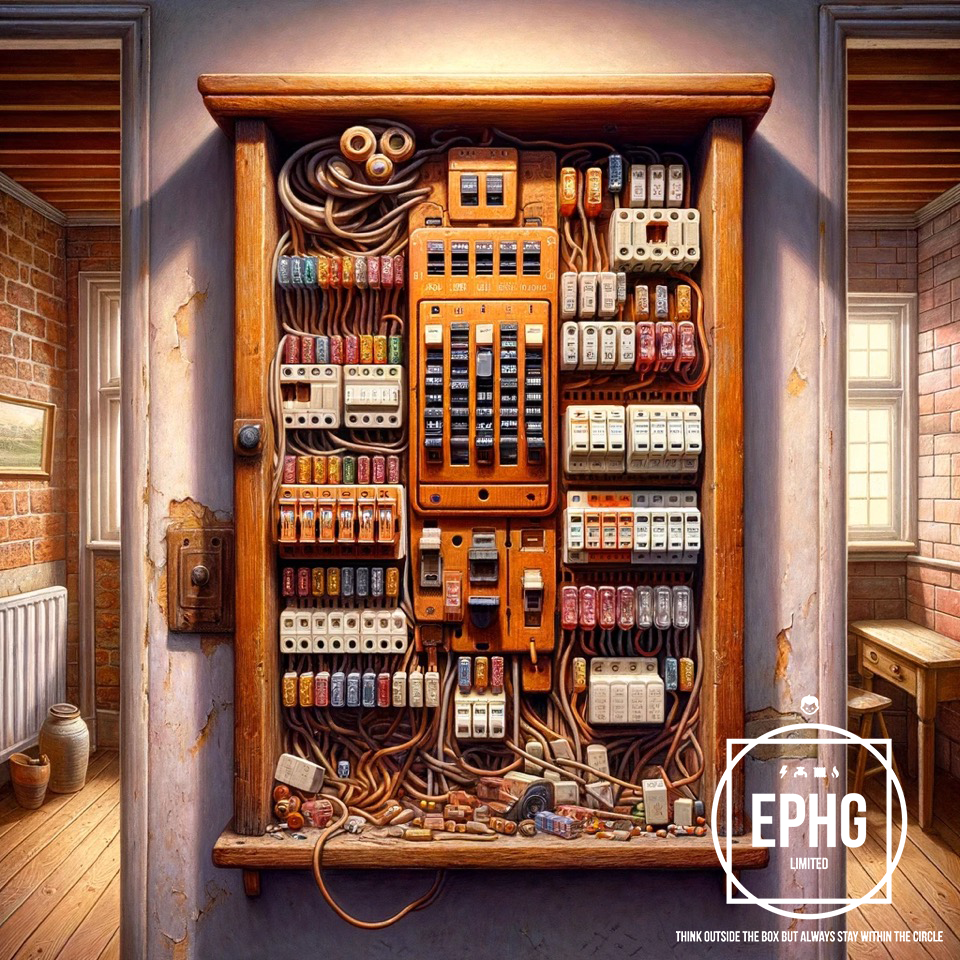
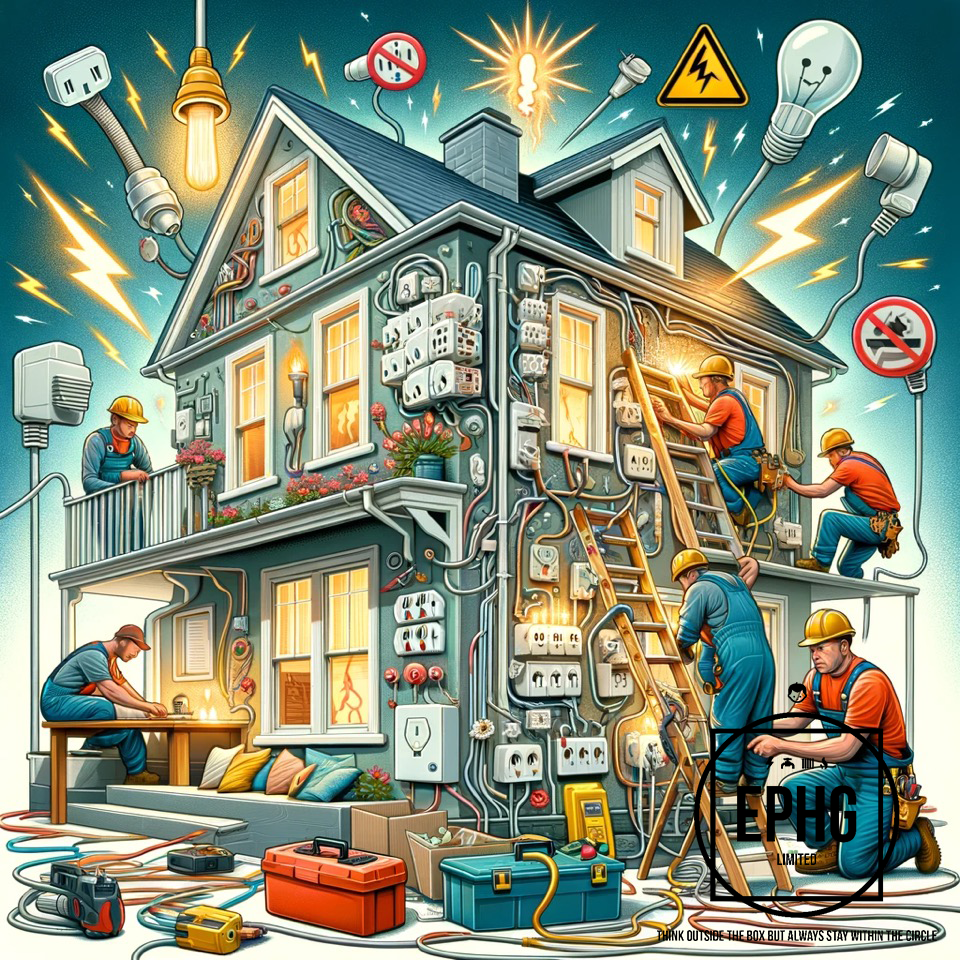
Navigating the Perils of Outdated Electrical Systems: The Critical Need for an Emergency Electrician
In an era where modern appliances and technological advancements are integral to our daily lives, the importance of a reliable and safe electrical system in our homes and workplaces cannot be overstated. However, outdated electrical systems pose significant risks, often leading to the urgent need for emergency electrician services. This article explores the causes and dangers associated with antiquated electrical infrastructure and highlights why prompt professional intervention is vital.
The Hidden Dangers of Outdated Electrical Systems
Outdated electrical systems are not merely an inconvenience; they are a ticking time bomb that can lead to serious safety hazards. These systems were designed for a time when the demand for electricity was significantly lower. Today's plethora of devices and appliances can easily overwhelm these old circuits, leading to overheating, short circuits, and even fires.
Signs of an Outdated Electrical System
- Frequent Circuit Breaker Trips: A clear sign that your system is struggling to handle modern electrical loads.
- Dimming or Flickering Lights: Occurs when large appliances draw too much power, indicating inadequate supply.
- Overuse of Extension Cords: A reliance on extension cords can signal that your home lacks sufficient outlets to meet your electrical needs.
- Outdated or No Ground Fault Circuit Interrupters (GFCIs): Modern systems use GFCIs in wet areas to prevent shock, a feature often missing in older setups.
- Aluminum Wiring: Used in the 1960s and 70s, aluminum wiring is now known to have a higher fire risk than copper wiring.
The Causes Leading to Emergency Situations
Several factors contribute to the urgency for emergency electrician services in homes with outdated electrical systems:
- Overloading: Plugging too many devices into an old system can lead to overloading, causing the wiring to overheat and potentially start a fire.
- Degradation of Wiring and Components: Over time, wires can degrade, insulation can wear out, and connections can loosen, increasing the risk of electrical fires.
- Electrical Shorts: An outdated system is more prone to short circuits, which can lead to sparks and fires.
- Lack of Safety Features: Older systems lack modern safety features like circuit breakers, which protect against overloads and shorts.
The Role of an Emergency Electrician
An emergency electrician plays a crucial role in addressing and mitigating the risks associated with outdated electrical systems. Here's how they can help:
- Immediate Response: Emergency electricians offer 24/7 services to address urgent electrical issues that pose immediate hazards.
- Expert Assessment: They can assess the condition of your electrical system, identifying risks and recommending necessary upgrades.
- Safety Enhancements: By upgrading your system, including the installation of GFCIs, circuit breakers, and modern wiring, they enhance the safety and functionality of your electrical infrastructure.
- Prevention of Future Risks: Proper upgrades and maintenance can prevent future emergencies, ensuring your electrical system is safe and reliable.
Conclusion: Outdated electrical systems represent a significant risk to both safety and property. Recognizing the signs of an aging electrical infrastructure and understanding the causes that may lead to emergency situations are essential first steps in mitigating these risks. However, the expertise and swift action of an emergency electrician are invaluable in ensuring the safety and reliability of your home's electrical system. By proactively addressing these issues, homeowners can protect themselves, their families, and their investments from the dangers of outdated electrical systems.
